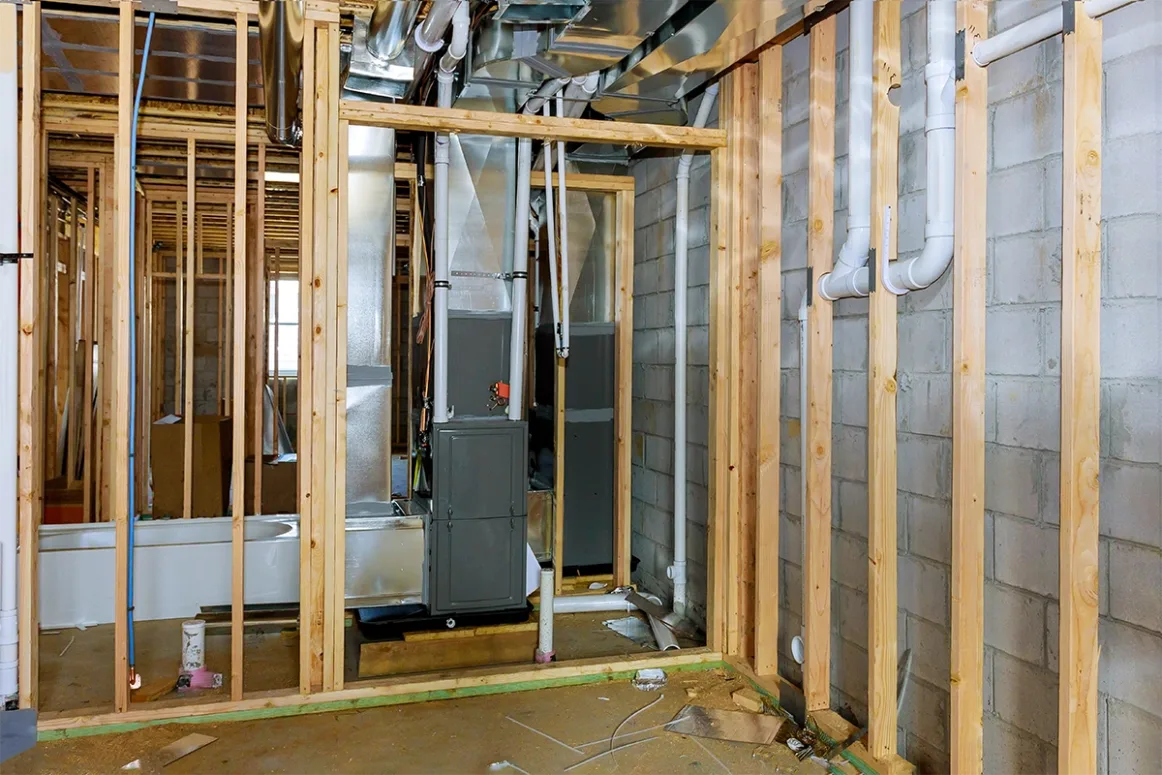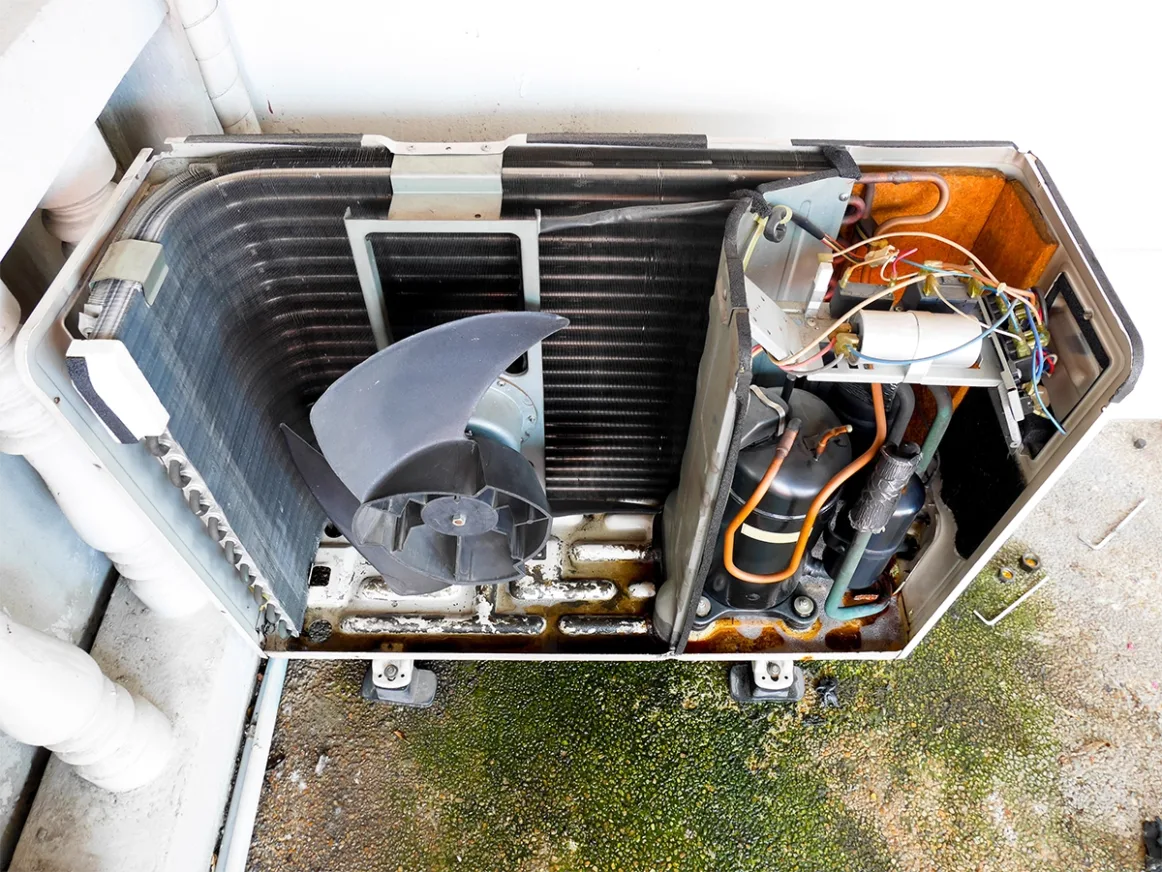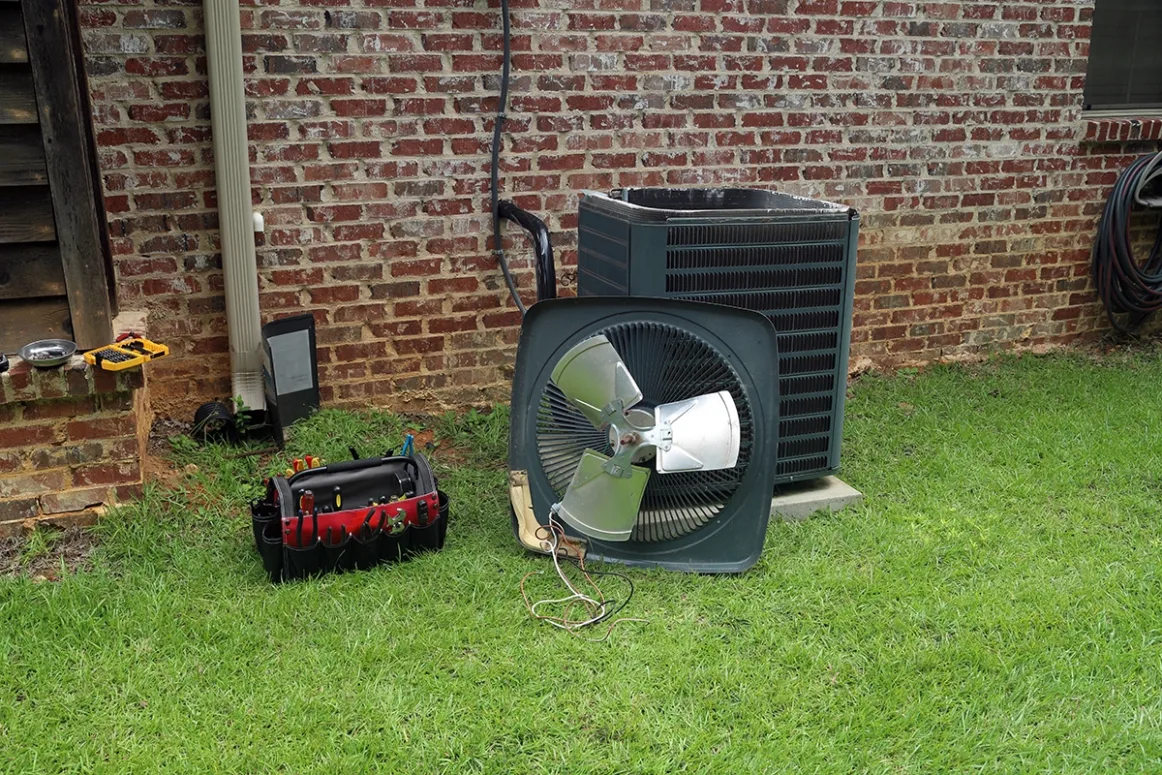
How Much Can I Save From Sealing My HVAC Vents
Sealing HVAC ducts may not be the first home improvement that comes to mind when striving for energy efficiency, but perhaps it should be. If you often wonder why your energy costs are high or your home is less comfortable than it could be, it may be due to poorly sealed, open, or damaged vents. This issue is often ignored, but resolving it can ensure lower operational costs, increased comfort, and an increased lifespan of the HVAC system.
This piece will examine the benefits of sealing HVAC duct vents and if it’s a good option for your home.
The Problem with Leaky HVAC Vents
An HVAC system is intended to provide complete control over your home’s airflow, allowing you to be comfortable in every room regardless of the weather or season. Unfortunately, whenever vents are left unsealed or damaged, air will escape long before it gets to you.
According to the US Department of Energy, 20 to 30% of the air circulated within duct systems never serves its actual purpose of heating or cooling areas. Instead, it gets lost because of leakage, holes, or unprofessionally connected ducts. The conclusion drawn is unsurprising: a chunk of your money is being wasted because your HVAC system is generating energy that is not being utilized.
Potential Reasons Ventilation Ducts Fail to Function As Required:
- Incorrect installation.
- Natural wear and tear of ductwork as it ages.
- Space between connections of vents.
- Loose duct fittings, cracks, or holes.
These problems can lead to compromised airflow, increased costs, and overusing the HVAC system.
What’s The Use of Sealing the HVAC Vents?
Sealing the vents will prevent the loss of some of your home’s heating and cooling. Below are the reasons that warrant sealing your vents.
Savings in Other Costs: The amount of power needed to cool or heat an individual’s home will be less due to the increased efficiency of sealing vents. Therefore, one’s power bill will be reduced at the end of the month.
Increased Efficiency Levels: Sealed vents ensure that the air warmed or cooled by the HVAC system gets to its intended target. This, in turn, minimizes energy loss and helps your system run efficiently instead of overworking itself to move air into your home.
Improving Air Quality: Sealed ducts will ensure an even temperature in every part of the house. Vents that tend to leak will do the opposite, creating hot and cold spots.
Increased Lifespan Of The HVAC Systems: This damage is reduced because the HVAC systems will not have to work so hard, as they will not replace as much air. Thus, the duration to which an HVAC system will last will increase, and very few repairs will be needed.
Environmental Benefits: Energy-efficient houses are not only economical but also eco-friendly. Sealing your vents helps you save energy, thereby lowering your carbon emissions.
How Much Can You Save by Sealing Your HVAC Vents?
Sealing your HVAC vents might lead to potential savings. But how much are those savings worth?
Maintenance and Repair Savings: HVAC systems leaking through closed vents will have to operate on overdrive, causing stress over the years. Closing your vents eases that pressure on your system, and you could probably save thousands in repair costs over the years.
Minimized Energy Waste: If you lose 30% of the air in your ductwork, you are wasting almost a third of your heating and cooling expenses. Therefore, sealing the vents is an investment that saves you more money by recovering lost energy.
The Comfort Factor
As much as sealing the vents is an economic measure, cutting the cost of energy usage, the comfort of sealing the vents is equally notable. Air leaks in the vents can result in:
- Temperatures in the different rooms are different.
- Feeling cold drafts in winter.
- Struggling to keep cool in summer.
By closing the vents, you can prevent air leaks, keeping the general temperature of the entire house constant, which is much more comfortable to live in. This will help significantly if your house has more than one story or certain rooms are too cold or hot.
How Are Vents in HVAC Sealed?
Although there are approaches to doing it yourself, it is best and more manageable to engage an HVAC technician to perform the task because sealing HVAC vents makes an enormous difference.
The Steps Involved In HVAC Vent Sealing:
Inspection & Evaluation: A technician will physically check the ductwork and vents for air leakages or gaps between connections. He may also use specialized tools, such as a blower door test or thermal imaging, to aid the inspection.
Cleaning & Preparation of the Vent System: Before any sealants are applied, the ductwork is properly cleaned to remove all debris, after which the sealants will adhere properly.
Applying Sealants: Applying duct sealant makes it airtight by not allowing small gaps and joints in the construction.
Tape Reinforcement: Sticking reinforcement tape isn’t enough. Reinforcement is required, and correct duct maintenance is necessary to prevent shrinking or failing to seal joints. Thus, the tape should be used correctly.
Testing Procedures: Post-sealing verification of whether the seal has indeed worked is made, and the airflow rate is compared to the previous rate, which would highlight the differences, if any.
Further Advantages of Sealing Your HVAC Vents
Better Quality of Air Indoors: Leaking vents can bring in dust, allergens, and other pollutants from unconditioned areas, such as attics or spaces below, under the crawl space. By sealing your vents, these loose impurities don’t make their way into your house and thus help maintain air quality.
Lesser Noise Levels: As air escapes out of the cracked parts of the vent, many annoying whistles or hissing sounds are generated. Sealing the vents can greatly reduce these noises, making your HVAC system quieter.
Improved Humidity Regulation: In warm regions with high humidity, building leakage enables moisture to intrude into the ductwork, making controlling the indoor air humidity more difficult. Vents sealing helps keep the humidity content at the required level, thus lessening the chances of mold and mildew growth.
Should You Consider Sealing HVAC Vents?
If you can relate to any of the issues listed below, you better think about vent sealing:
- Energy bills are much higher than the average.
- Imbalances in heating or cooling in different areas of the house.
- Some rooms have drafts or are cold.
- Dust or dirt around ducts.
- The HVAC is working too loud.
Don’t hesitate to call Russell Heating and Air to schedule an assessment of your home’s ductwork and vents. Our experts are ready to assist you in improving the performance of your HVAC system, lowering energy costs, and making the home more comfortable.





